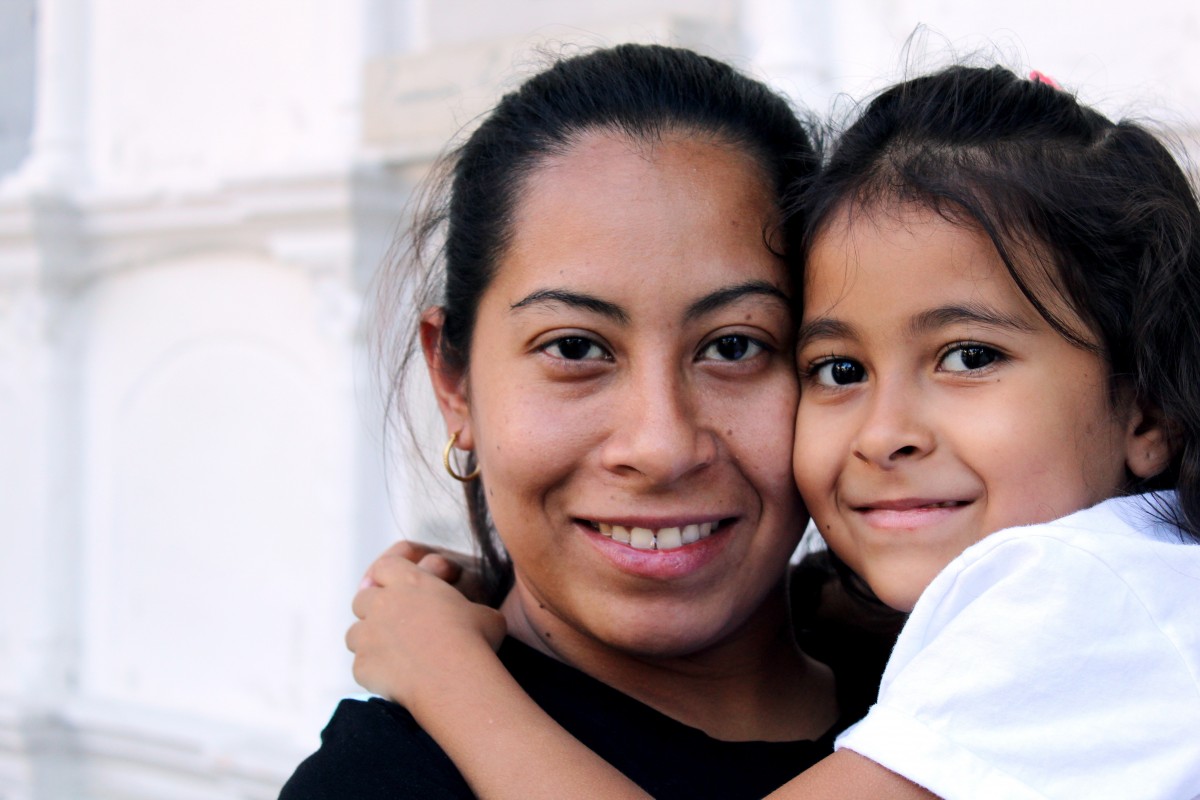There are more than 44 million immigrants in the U.S. who make up approximately 14 percent of the U.S. population. For these immigrants, a complex system of federal, state, and local policies determines their rights and their eligibility for resources and services based on their immigration status and length of residence in the U.S. In doing so, these policies influence immigrants’ ability to incorporate socially and economically into U.S. society and can have implications for their health and for the health of their families. For example, in the U.S., having health insurance is associated with better health care usage, better quality of care, and better health outcomes. Current federal policies restrict unlawfully present immigrants (undocumented immigrants) from receiving Medicaid and from purchasing insurance coverage through the Health Insurance Marketplace®, even though many undocumented immigrants pay taxes and provide economic and social contributions to U.S. society, including working as frontline essential workers. Restrictions are sometimes not limited to undocumented immigrants. Some lawfully present immigrants face a five-year waiting period before they are eligible for Medicaid, a practice which began in 1996 under the Personal Responsibility and Work Opportunity Act. Using state-level funds, some states opted to offer coverage to pregnant women and/or children up who had not met the five-year eligibility and in 2009, the Children’s Health Insurance Program Reauthorization Act (CHIPRA) allowed states to opt to use federal funding to provide coverage for these special groups. In January 2020, 11 states still do not provide this coverage.
Non-healthcare policies also affect health through access to employment, driver’s licenses and other resources, and increased policing. For example, states that restrict undocumented immigrants from obtaining state driver’s licenses, limit the mobility of these immigrants, which can limit access to employment opportunities and threaten their family’s financial wellbeing, can limit access to clinics and force a delay care seeking when needed, and can increase experiences of policing, identification and apprehension through strategically placed police license, insurance, and registration checkpoints. When policies limit the health care access, employment opportunities, and mobility of caregivers, the policies limit the family resources needed for children to thrive.
Understanding that policies that affect adult immigrants may also affect the children in their families, we conducted a systematic review of quantitative studies published between 1986 and 2020 that examined the relationship between immigrant-related policies in the U.S. and the mental and physical health of infants, children, and adolescents living in immigrant families. After screening more than 7,000 studies, we identified only 17 studies that specifically examined the effect of a policy on the health of these youth. Among the 12 policies examined in these studies were the Personal Responsibility and Work Opportunity Act, Arizona Senate Bill 1070 (the infamous “Show me your papers” omnibus law), and the Deferred Action for Childhood Arrivals (DACA) program. Most studies (58%) examined birth outcomes and the remaining studies examined additional outcomes in childhood and adolescence such as self-rated health, food insecurity, and school days missed. While there were studies that did not observe an association between policies and the health of these youth, especially for birth outcomes, among those studies that did find an association, restrictive policies were generally associated with worse health outcomes and inclusive policies were associated with better health outcomes.
Our review highlights that immigrant-related policies can be structural drivers of health not just for adults targeted by these laws, but also for the children living in immigrant families. These findings support a rich body of qualitative research that has found that immigrant-related policies affect the health and wellbeing of immigrant families, especially undocumented and mixed status families. Our review also highlights that even though our search spanned a 30-year period during which several immigrant-related policies were passed at all levels of government, there are very few quantitative studies that have examined the effects of these policies on the health of youth living in immigrant families. Further, while we made no restrictions on the race/ethnicity of the study populations, nearly all of the studies focused on or included immigrants from Latin America, highlighting the burden that these laws place on Latinx immigrants and their families. With growing support for the study of structural drivers of health, it is time to push forward the study of immigrant-related policies, which are forms of structural racism and xenophobia.
Read the full paper: Crookes, D. M., Stanhope, K. K., Kim, Y. J., Lummus, E., & Suglia, S. F. (2021). Federal, State, and Local Immigrant-Related Policies and Child Health Outcomes: a Systematic Review. Journal of racial and ethnic health disparities, 1-11. https://link.springer.com/article/10.1007/s40615-021-00978-w
